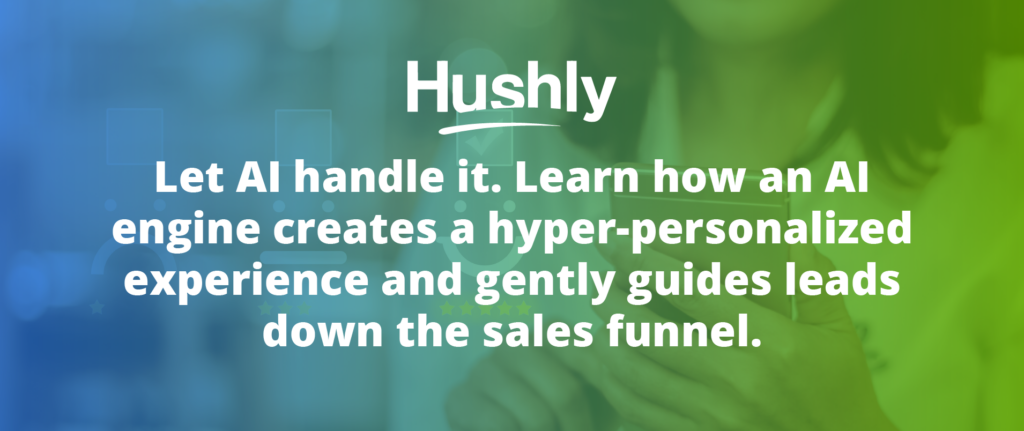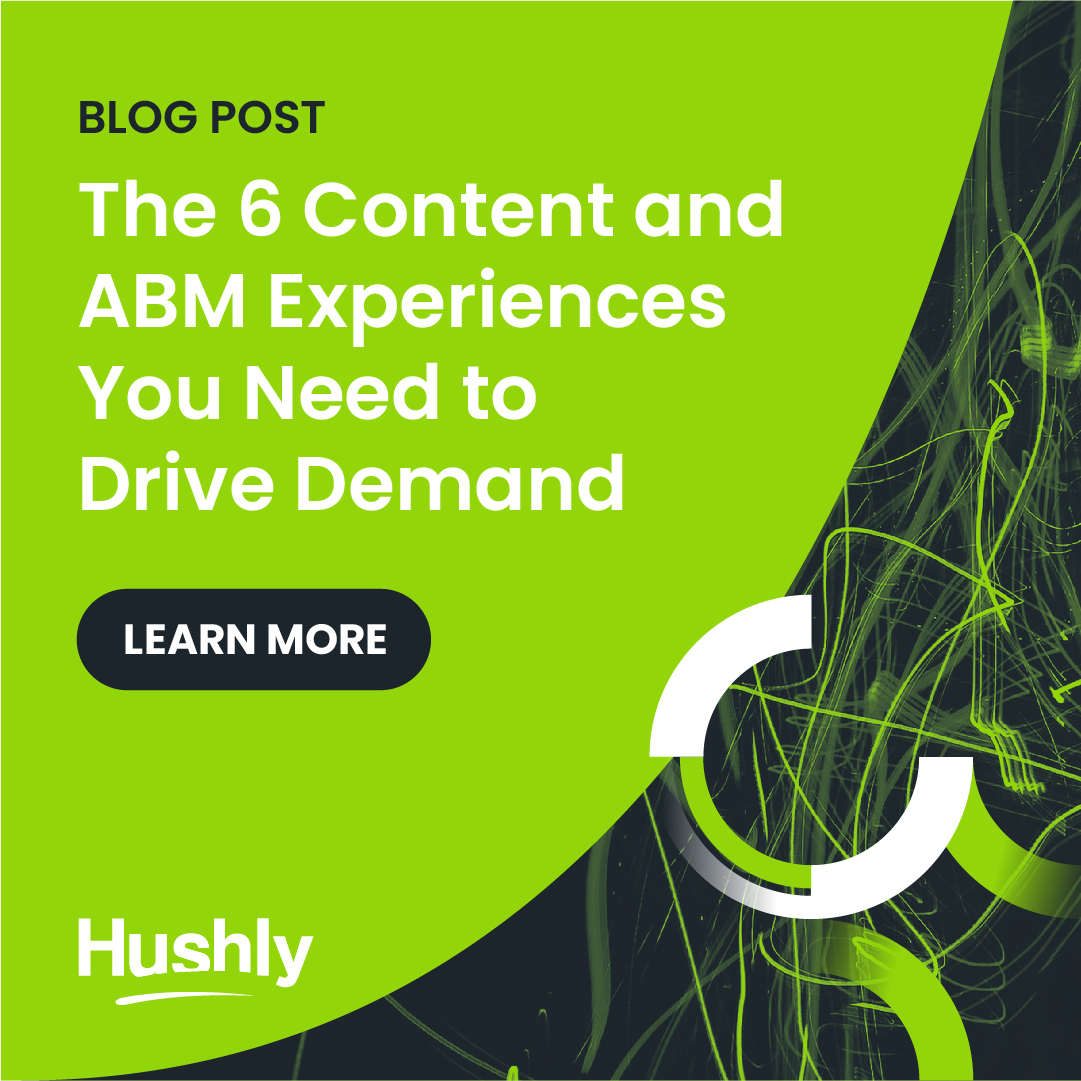The average consumer engages with six touchpoints across the journey.
Does that sound like a lot? For B2B, the figure is no doubt at least double that.
Research shows buyers consume an average of 13 pieces of content from a single vendor before making their decision. While those 13 include both first- and third-party content, that does give us a glimpse into the extensive journey and complexity of all the touchpoints involved.
For example, take this chart from Gartner documenting the buyer’s journey:
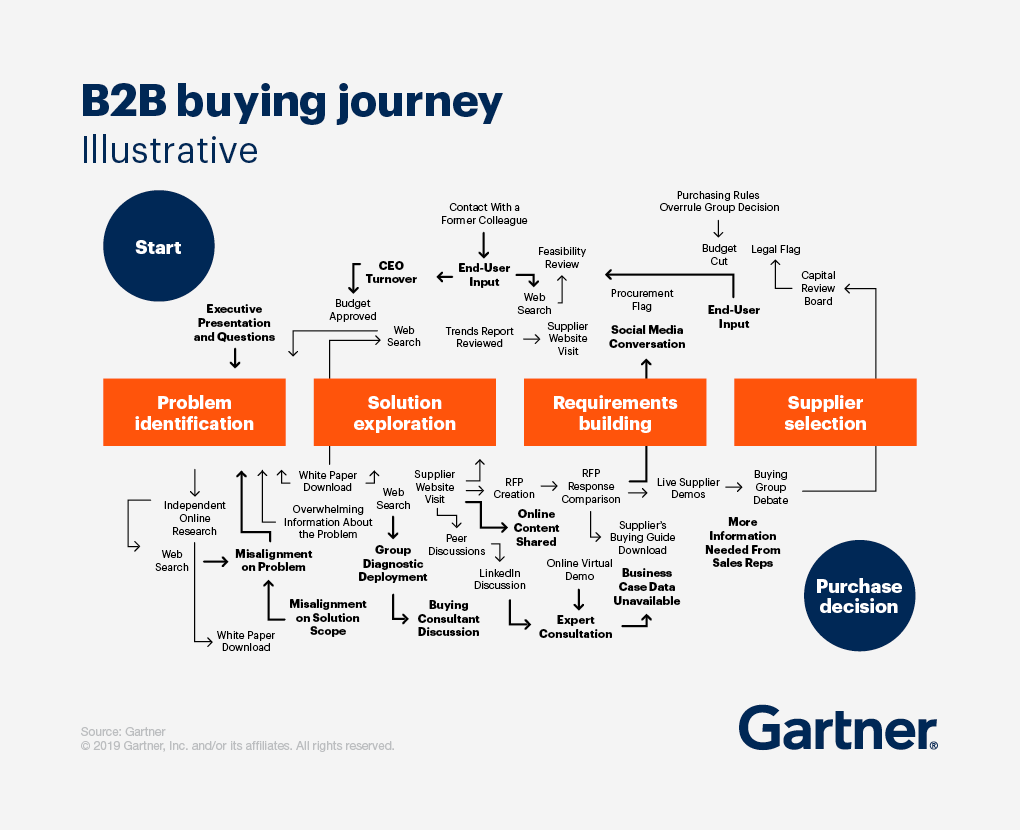
You could find many words to describe these environments and touchpoints, but “simple” is not one of them. That’s why a digital experience platform (DXP) is so important for ABM.
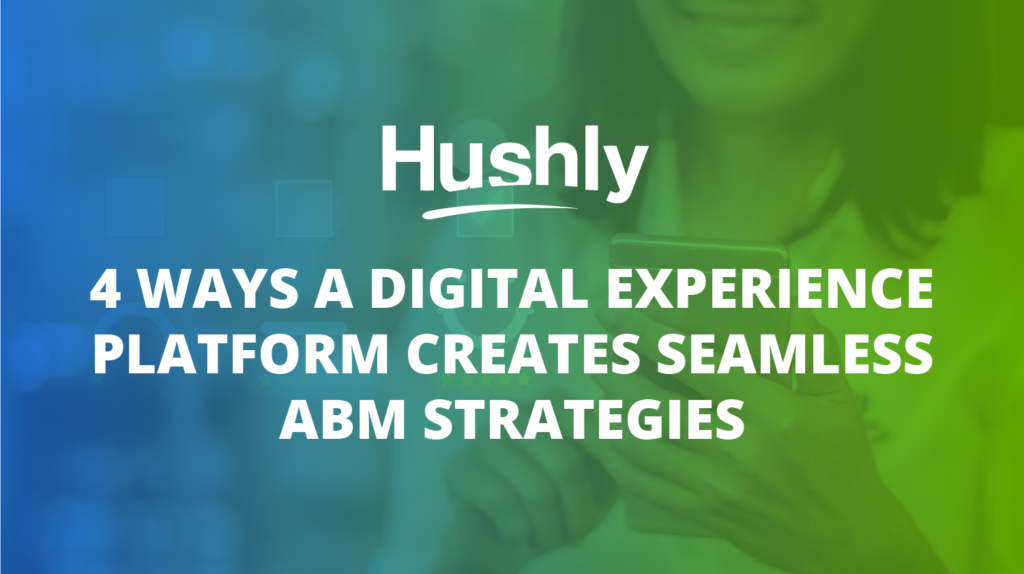
What is a Digital Experience Platform?
All definitions of digital experience platform describe it as an integrated piece of technology to optimize every audience member’s experience across all touchpoints.
A DXP ensures you provide a hyper-personalized experience for every visitor, no matter their company or stage.
4 Reasons You need an AI-Driven Digital Experience Platform for Your ABM Strategy
An AI engine serves as the perfect digital experience platform for gathering, analyzing, and organizing data while putting it to work.
Ninety-two percent of B2Bs run an account-based marketing strategy these days. Traditionally reserved for massive corporations, technology has made it easy for small and medium-sized businesses to reap the benefits of ABM.
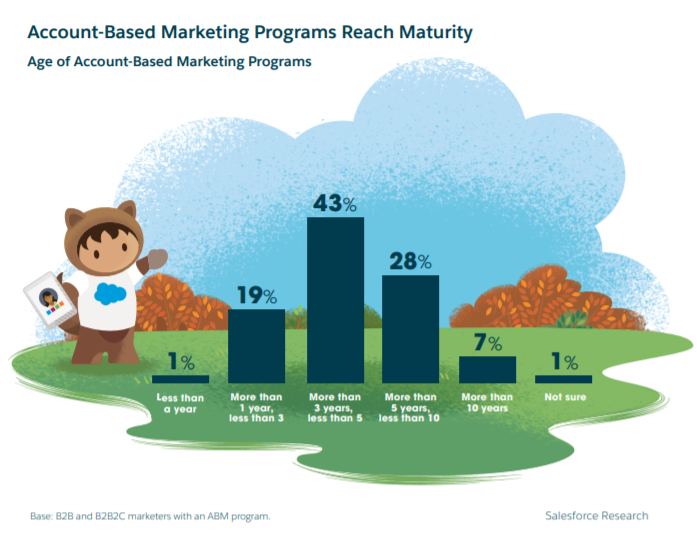
It’s no surprise that most organizations use automation and artificial intelligence to carry out their ABM strategies. Here’s why AI engines are so important as a digital experience platform.
1. You’ll Only Collect Accurate Data from Qualified Leads
It’s time to address the elephant in the room: bad data.
Did you know 40% of your overall data is either missing, duplicate, or just plain wrong? Up to 25% of B2B databases contain critical errors.
Bad intel is the enemy of personalization. You need quality data from qualified leads to learn about your audience, create relevant content, and deliver content to the right people.
Unfortunately, most B2Bs are doomed to failure from the second they capture a lead. With the strategy of “more is better,” businesses keep their content gated behind forms and capture email addresses from every visitor.
This strategy leads to databases riddled with fake names and email addresses as well as missing fields.
An AI-driven digital experience platform sets your content free from forms. Instead, every visitor gets a sample, and they can submit a business email address when they’re ready.
Since you’ll only collect genuine emails from qualified leads, your data starts from a much more accurate place. Plus, the AI platform cross-checks the business email with public sources like LinkedIn to fill in other firmographics like
- Job role
- Location
- Years at the company
- Company size
You can build comprehensive personas and lead profiles just from an email address. No more faulty lead data.
2. Leads Can Self-Nurture at Their Own Pace
Gated content creates another problem: it pushes away mobile users. According to Think with Google, 70% of all B2B searches happen on mobile devices, amounting to 40% of all B2B revenue.
No one on any device likes to see a form pop up when they’re trying to access a key statistic or blog post.
Removing forms and allowing visitors to browse at their own pace satisfy the demand for instant gratification of information.
Plus, an AI digital experience platform uses content bingeing to continuously recommend relevant content assets to keep leads on the page. It chooses content to guide them down the sales funnel, from exploration to conversion.
Research shows buyers complete up to 90% of the sales process before ever contacting a sales team. Furthermore, Gartner has found that only 17% of the sales journey is dedicated to contacting suppliers, with each supplier only receiving about 5% of the buyer’s time.
Why not use AI to let them self-nurture? By the time they sign up, they’ll be in the final decision-making stages.
3. Every Experience is Hyper-Personalized
With so many touchpoints along the buyer’s journey, how can you hyper-personalize every interaction for every account?
Artificial intelligence creates a unique experience for every visitor. When someone visits your site, your AI digital experience platform closely monitors their behavior.
If they read a blog about NGO accounting, for example, the AI knows they probably work in the financial department of a nonprofit. It will then choose other pieces of content that similar visitors consumed.
Keep in mind, the AI creates this custom experience without learning the visitor’s name, company, or email address – it’s all strictly by behavior.
Using that behavioral data, however, along with third-party intent data, the AI can identify which company they belong to and their stage of the buying process to further personalize their experience.
Best of all, you get to analyze the behavioral data and apply it to other nurturing strategies, like LinkedIn retargeting or email campaigns (after the visitor decides to provide an email address).
4. You Can Organize Content by Firmographics or Pain Point
Here’s a secret: your ABM leads want you to organize your content better.
Seventy-three percent of buyers say they don’t have as much time to research as they’d like. They need relevant and useful content, and they don’t want to search for it.
A digital experience platform lets you organize your content based on any category you choose. This is important: 68% of buyers say they’d like to see content organized by issue or pain point while 58% would like it categorized by vertical.
This comes in handy for ABM because you can create specific company categories or issues based on the account’s industry.
If it’s interactive, even better. Over half of B2Bs could see themselves consuming your content for up to 20 minutes if you employ interactive features.
That’s why an AI-driven digital experience platform is vital for engaging ABM audiences and reducing website bounce rates.
Level-Up Your ABM Strategy with an AI Engine Platform
Account-based marketing needs AI technology to reach the right people with the most relevant content. Without AI studying visitors and providing them with the perfect content asset, you’ll spend hours curating specific emails, blogs, and social media posts to nurture leads.
Let AI handle it. Learn how an AI engine creates a hyper-personalized experience and gently guides leads down the sales funnel.

